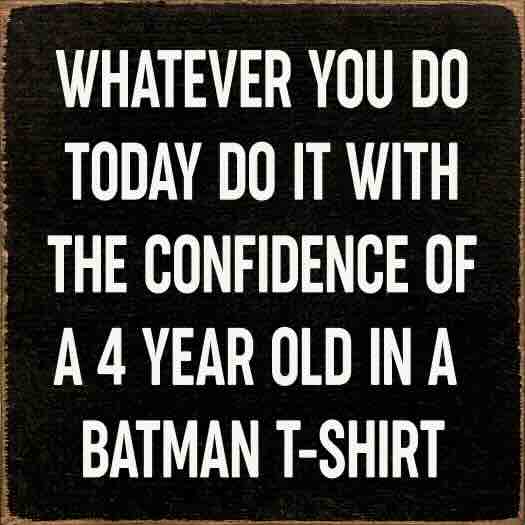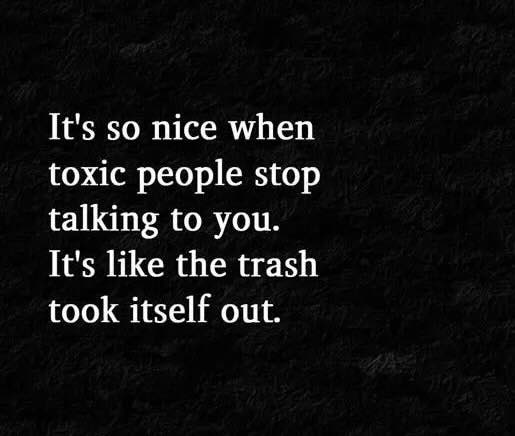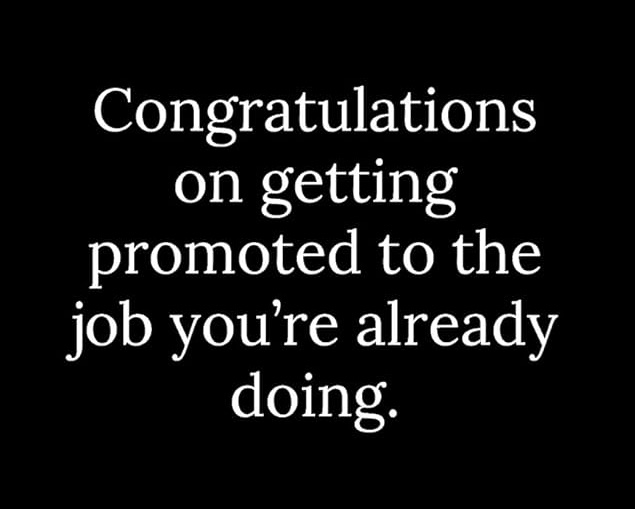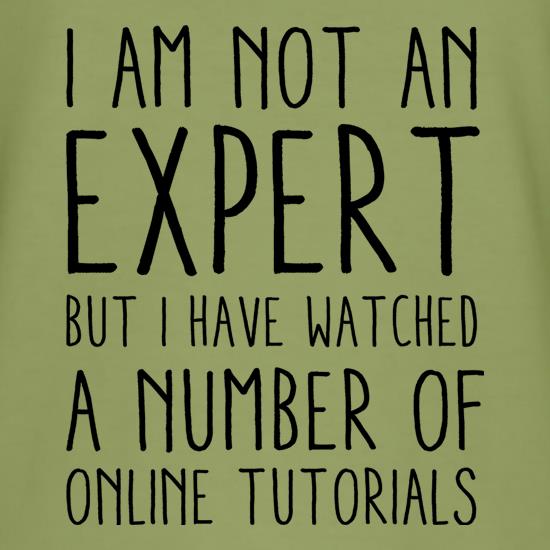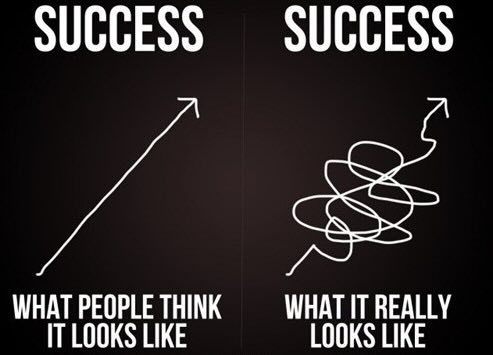This Is How To Increase Confidence: 5 Secrets From Research
nfidence, for most of us, is not a steady flame. It’s a tea light in a drafty hallway. You’re feeling good. But then something happens you weren’t prepared for. Or your inner critic begins chattering away. And you make the mistake of listening… Poof. Confidence gone. Your brain starts doing that thing where it narrates your life in real time: You’re standing weird. Your smile is too long. Why are you smiling like that? Stop smiling. Now you’re not smiling…
9 minutes
How To Stop Being Lazy And Get More Done: 6 Secrets To Motivation
st people see motivation like a fairy godmother: she magically appears, taps your forehead with a wand, and suddenly you’re the kind of person who does the thing. You “get in the zone.” You “crush it.” You become a creature of pure productivity and clean countertops. Unfortunately, she doesn’t always show up when you need her. So you find yourself still staring at The Task like it’s a live grenade. You could just sit down and do your taxes but…
10 minutes
How To Deal With Difficult People At Work: 4 Secrets From Experts
ch workday we march into battle against the most fearsome foe imaginable: other people’s personalities. Every office contains exactly two types of people: People trying to do their jobs People bent on making #1 impossible. Most are low-level annoyances. There’s the Devout Scheduler who sets meetings the way Victorian doctors prescribed opium: generously, for every ailment, and with utter disregard for long-term consequences. We also have Beelzebub’s Barrister, that guy who always says, “I’m just playing devil’s advocate.” And then…
11 minutes
5 Secrets To Success From NASA’s Space Program
w many technological developments that happened over fifty years ago would be impressive to today’s teenagers? Not many. Well, can we please talk about how insane the Apollo 11 mission was? Seriously, this was the 1960s. A time when everyone’s idea of cutting-edge technology was a television that weighed as much as a small car and a rotary phone that doubled as an upper-body workout. Seatbelts were a fun suggestion and you could still smoke in hospitals. The height of…
8 minutes
This Is How To Get A Promotion At Work: 6 Expert Tips
st of us enter the workforce like wide-eyed toddlers clutching a sippy cup of optimism, ready to "make a difference." Then, one day, we notice that Becky in accounting is suspiciously good at turning other people's ideas into her own ideas. And Brad in marketing keeps getting promoted even though he hasn’t responded to an email since 2014. You try to focus on the work, but you realize that “the work” is just the background noise of this whole operatic…
10 minutes
This Is How To Feel Better And Achieve Your Goals: 4 Secrets From Research
all reach a point where we feel hopeless. Your inner monologue sounds like a rejected Alanis Morissette lyric and any level of optimism you possessed is now playing varsity level hide and seek. You’re Cinderella’s ugly stepsister in this fairy tale, and those shoes were never meant for you. You could use a little hope. Yeah, the thing people love to tattoo in cursive on their ribcage next to a butterfly. It’s the kind of word that feels like…
10 minutes
How To Become An Expert At Anything: 5 Scientific Steps To Mastery
re’s the problem with advice about becoming an expert: it’s almost always junk. It’s not just that the advice itself is bad, it’s that it’s somehow both incredibly vague and aggressively overconfident: “Practice makes perfect!” Oooh, it’s got that motivational poster energy “Embrace failure.” Look, I’ve embraced failure so many times we’re in a common-law marriage. “Just start!” Another winner. Just start. Really? Here’s the thing: there’s a whole field of legitimate research dedicated to developing expertise. Whether you’re trying…
9 minutes
How To Be Successful: 4 Secrets Backed By Research
ese days the world strongly associates success with youth. The cultural narrative goes something like this: if you didn’t create a world-changing algorithm in your dorm room before you could legally drink, then why are you even trying? Don’t get me wrong, the world loves a good late bloomer story -- but only in retrospect. If you’re a potential late bloomer, chances are you’ve already spent enough time listening to your own voice drone on in your head like a…
10 minutes
